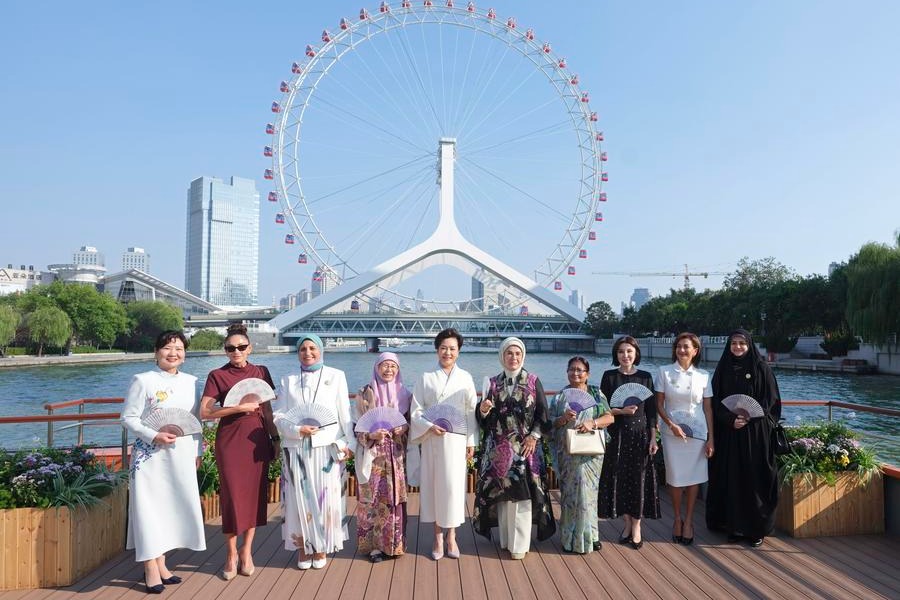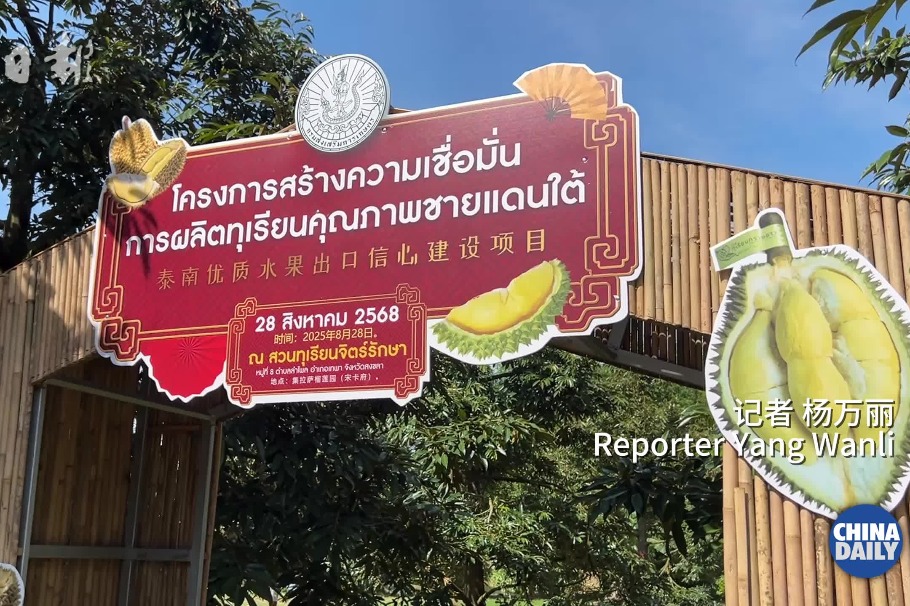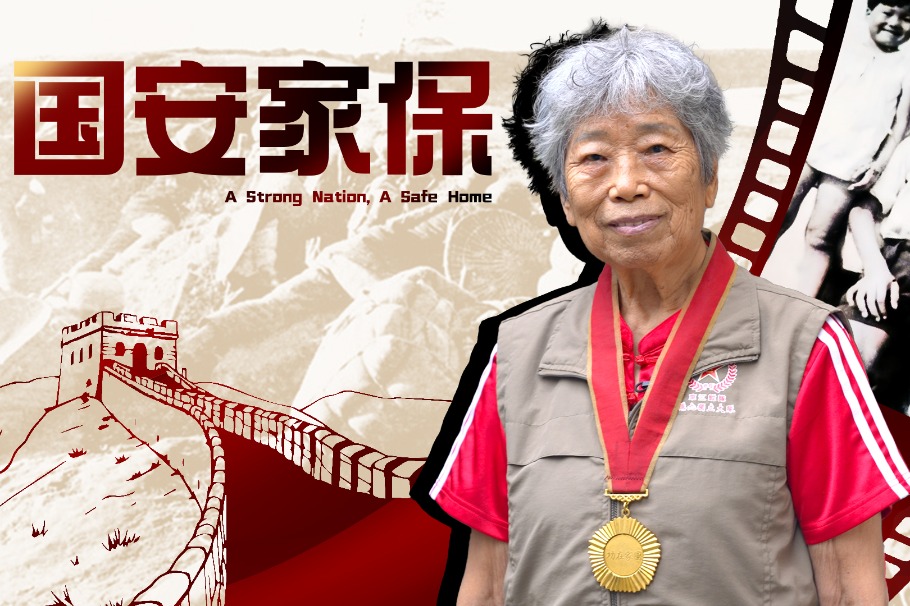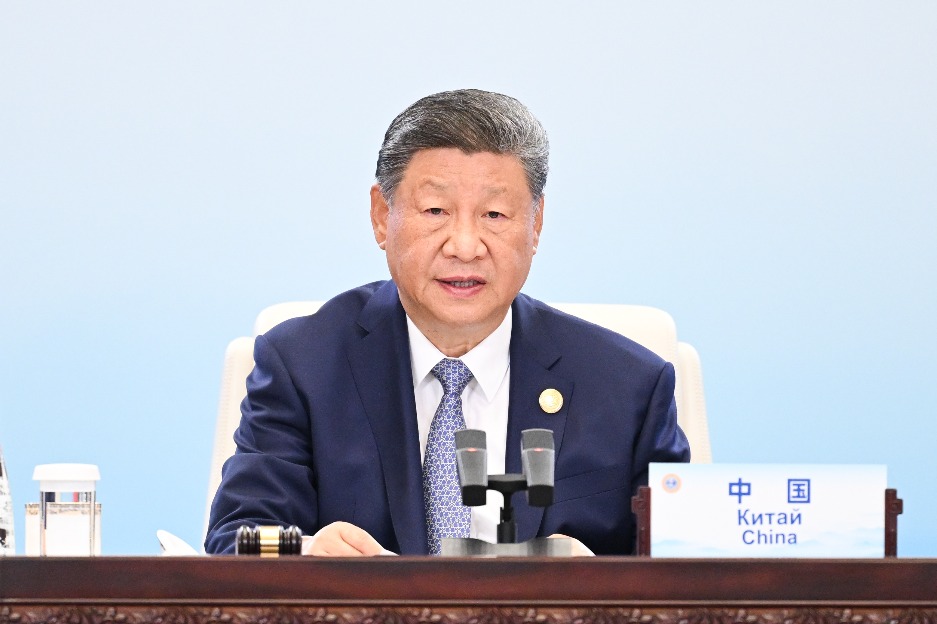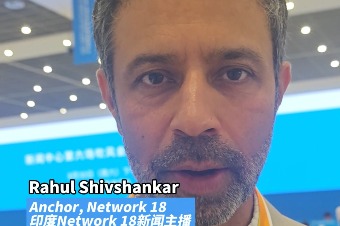Helping Asian Americans leverage buying power

As part of Asian Pacific American Heritage Month, the Asian American Federation hosted a citywide Asian Pacific American policy roundtable at the Queens Public Library in Flushing on May 30. The discussion highlighted ways Asian-Pacific Americans could leverage their purchasing power to educate and influence corporations and discussed programs that work with entrepreneurs to launch new businesses, the challenges of owning a small business and what elected leaders can do to help small businesses overcome economic downturns in order to flourish and thrive.
The panel began with a welcome by Jo-Ann Yoo, the federation's interim executive director, and keynote remarks by Chinese-American US Congresswoman Grace Meng. New York State Assemblyman Ron Kim and Chinese-American New York City council member Peter Koo also addressed the audience.
The Panelists were Betty Lo, vice-president of community alliances and consumer engagement at Nielson; John Choe, One Flushing director and founder; Agha Muhammad Saleh, founder of the Asian American Merchants and Neighborhood Alliance; and moderator Howard Shih of the Asian American Federation.
"Asian Americans and Pacific Islanders continue to enrich our nation and make tremendous contributions to virtually every facet of our society. But as we celebrate the accomplishments, we must also address the ongoing needs and concerns of the AAPI community," Meng said.
By improving education, immigration reform, assisting small businesses, providing opportunities for economic success and tackling quality of life matters and other important issues, the Asian American and Pacific Islander community can be further strengthened, Meng said.
Council member Koo echoed similar ideas. "We need to put our buying power to use to ensure that those who wish to succeed commercially in our community do so by being respectful to our culture and our linguistic diversity," he said.
Koo described his personal experiences coming to America. "Forty years ago I came to the US to study pharmacy," said Koo. "I went to the pharmacy and said 'Where are our people?' "
Koo also expressed the need for Asian Americans to have equal entitlement in education, work, and business. One-sixth of Asian Americans live below the poverty line, he said. "Just because we are doctors, lawyers, engineers they think we are model citizens and don't need the help of the government, but we share the same burden of disease and poverty," he said.
Choe said up to 30 percent of Asian Americans who live in Queens are poor and suffer from lack of housing and food. "Stereotypes and perceptions portrayed on TV of Asians are not accurate," he said. "We have to get new information out." Ten percent of Asian Americans are jobless and Flushing has one of the greatest concentrations of Chinese, Korean and Vietnamese businessmen, according to Choe.
"We need to provide services to help them become even more confident business owners and be able to express themselves linguistically," said Choe, stressing that One Flushing was ready to help develop better narratives for Asian Americans to the American public.
Choe also talked about how Queens is currently celebrating the commemoration of the 50th anniversary of the World's Fair in Queens, but in the commemoration there was no mention of Asian Americans. "We need to better brand and package our community," said Choe.
Assemblyman Ed Bronstein also talked about passing the dream act as a way to help Asian Americans.
During the panel discussion, Agha Muhammad Saleh described his views on undocumented workers. As a small business owner, "We provide employment to undocumented workers because as human beings we have the responsibility to help the undocumented workers, without discrimination, whether they are documented or not," said Saleh.
Saleh also spoke about equal representation for Asians in the American community. "What I experienced in the last 20 years in Queens has been a lack of help organizations and information for new immigrants when they come to open businesses," said Saleh, who added that the average Asian works 72 hours and the average American works 40 hours.
According Betty Lo, Asian Americans spent $715 billion in 2013, with a projected figure for the current year reaching $1 trillion. The GDP of Florida is $777 billion, the Asian American spending is equivalent to the fifth largest state's GDP, but the Asian American population only represents 6 percent of the population. Lo believes, more established Asian Americans can leverage their purchasing power to help new entrepreneurs launch businesses.
Today's Top News
- Chinese FM highlights fruitful outcomes of SCO Tianjin Summit
- China's V-Day gathering to start at 9 am, Sept 3 at Tian'anmen Square
- Shenzhen-Hong Kong-Guangzhou innovation cluster tops global ranking
- Xi calls for forging ahead with solid steps as SCO convenes largest-ever summit
- Xi proposes Global Governance Initiative
- Xi proposes Global Governance Initiative
















